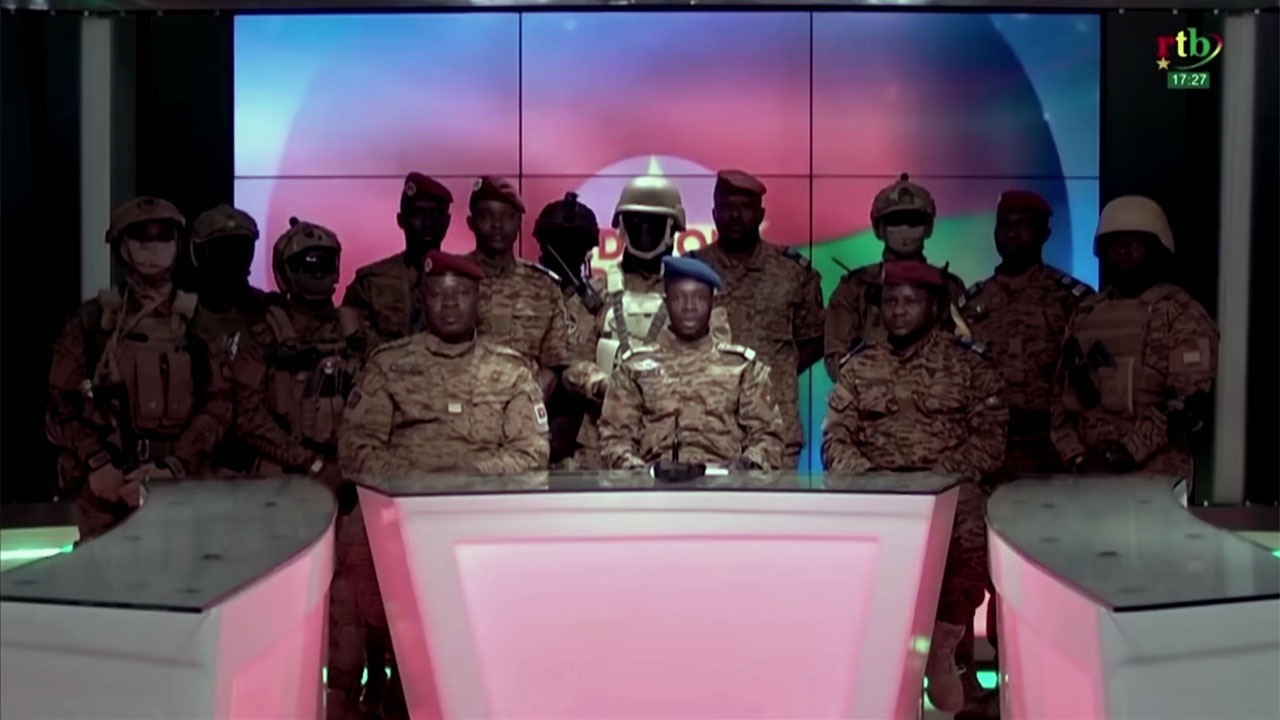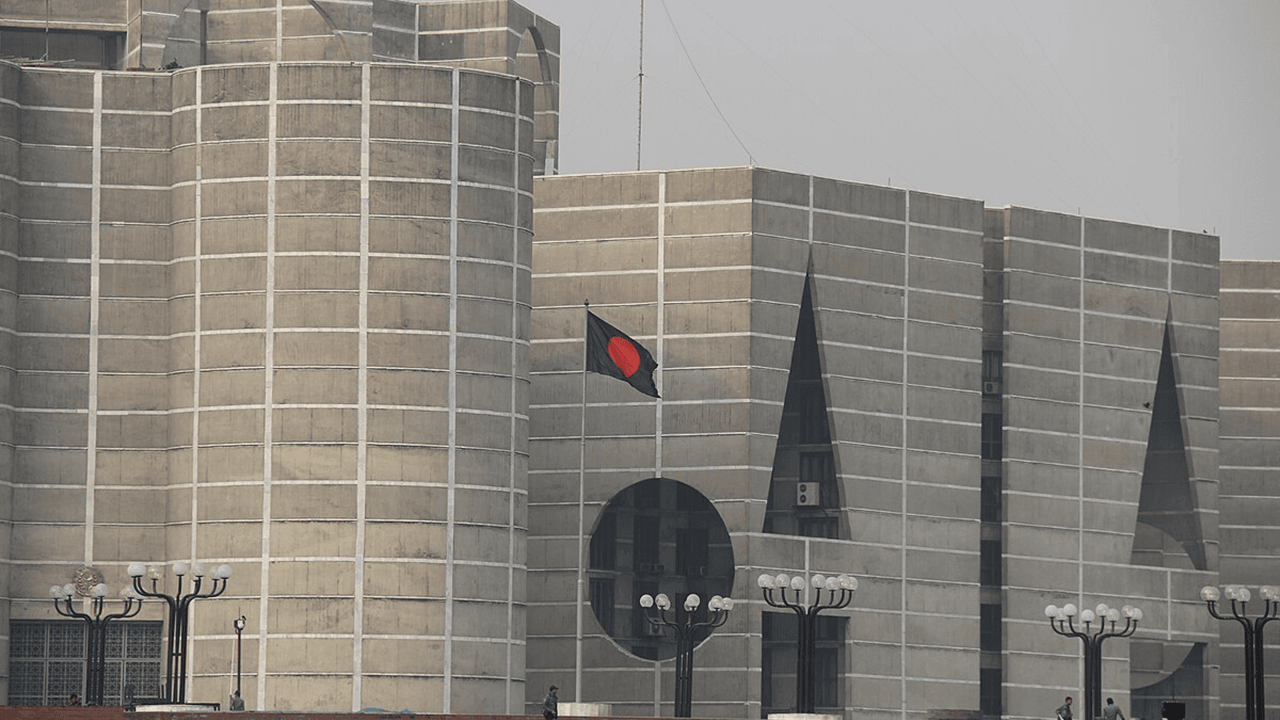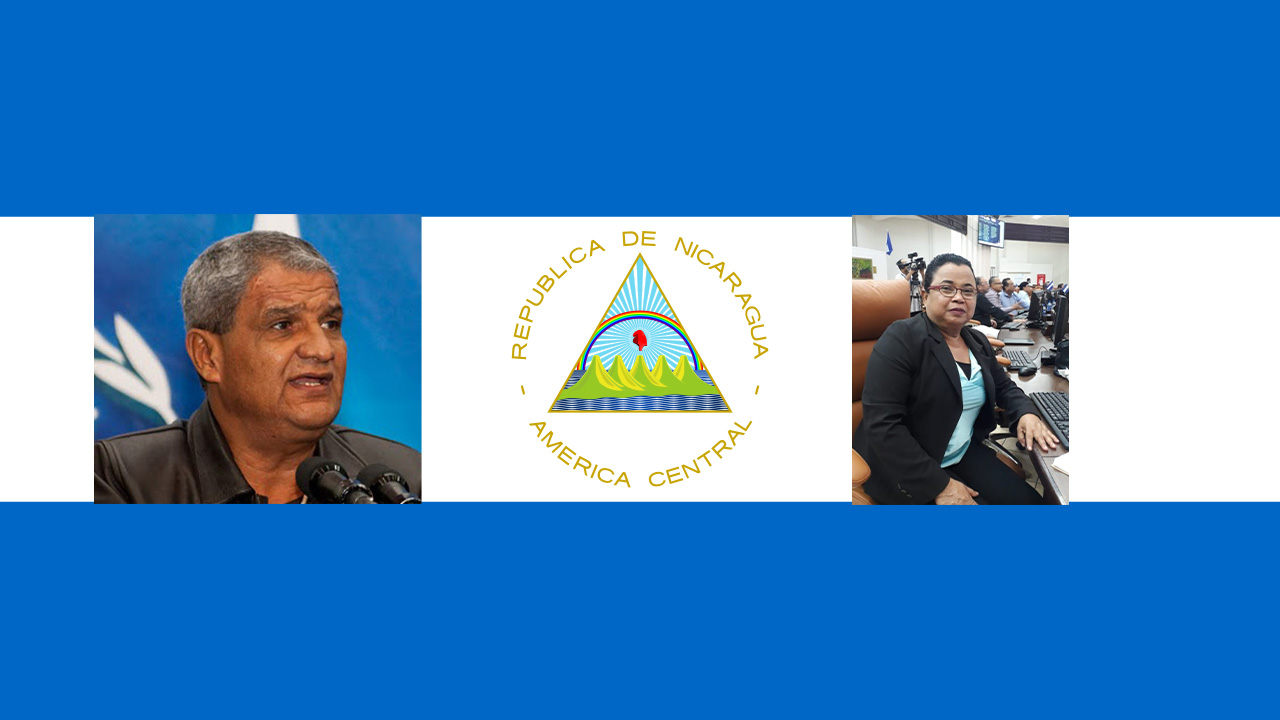
New York/ Ouagadougou - PGA calls on military authorities in Burkina Faso to release former President Kaboré and ensure, especially during the suspension of democratic institutions, the respect of fundamental human rights of citizens, and a prompt return to a civilian-led constitutional order.
On 28 January 2022, the Economic Community of West African States (ECOWAS) suspended Burkina Faso, following the coup d’état of democratically elected President Roch Marc Christian Kaboré. This takeover was carried-out by the Patriotic Movement for Safeguard and Restoration (MPSR) on 24 January, under the leadership of Lieutenant Colonel (Lt. Col.) Paul-Henri Sandoaga Damiba who was sworn in as president on 16 February.
During the coup d’état, former President Kaboré was arrested by the junta. Since 25 January, he had been living in the ministerial villa where he welcomed his guests without constraints, including his family members and personal doctor. On 17 February, the deposed president was transferred to a new house without notice and his conditions of detention were tightened. Former President Kaboré is now forbidden, except under exceptional authorization, to communicate with the outside world; his telephones have been seized and visits are limited to one hour a day. Special Forces are overseeing his detention. PGA calls for his unconditional release as soon as possible.
Growing domestic concerns about the tightening of the conditions of detentions of Burkina Faso’s former president are shared by the international community. On 24 February, the Parliamentary Assembly of the Francophonie published a statement calling, inter alia, for the immediate liberation of Kaboré.
On February 5, the junta announced that a 15-member technical commission would be tasked with "drawing up a draft charter and agenda, together with a proposal for the duration of the transition period". The commission proposed a transition period of 30 months. The commission also suggested that the government should have a maximum of twenty members, that the president should designate a civilian Prime Minister and that members of the interim leadership should be barred from running in post-transition elections.
On 28 February, following a series of national meetings, the draft charter was amended and adopted. Paul Henri Sandaogo Damiba was appointed as President of Burkina Faso. The charter provides for a 36-month transition period, 25 ministers and 71 parliamentarians. On 2 March, Lieutenant Colonel Damiba was sworn in for a second time before the constitutional council. On 3 March, a civilian Prime Minister, Mr. Albert Ouédraogo, was appointed.
An ECOWAS mission led by its current chairman, Ghanaian Head of State Nana Akufo-Addo, and Niger's President Mohamed Bazoum, has been cancelled following the adoption of the Transition Charter; their trip to Burkina Faso was scheduled for 3 March. The official ECOWAS statement said a ministerial delegation will travel to Ouagadougou in the coming days. The West African Organization reiterated its concern about the detention of former President Roch Kaboré and called for his immediate release.
PGA reiterates its solidarity with the people of Burkina Faso and its commitment to the respect of human rights and the rule of law. PGA urges the new Burkinabe authorities to work towards this goal and invites the international community to be more vigilant on the evolution of the political situation in Burkina Faso.




